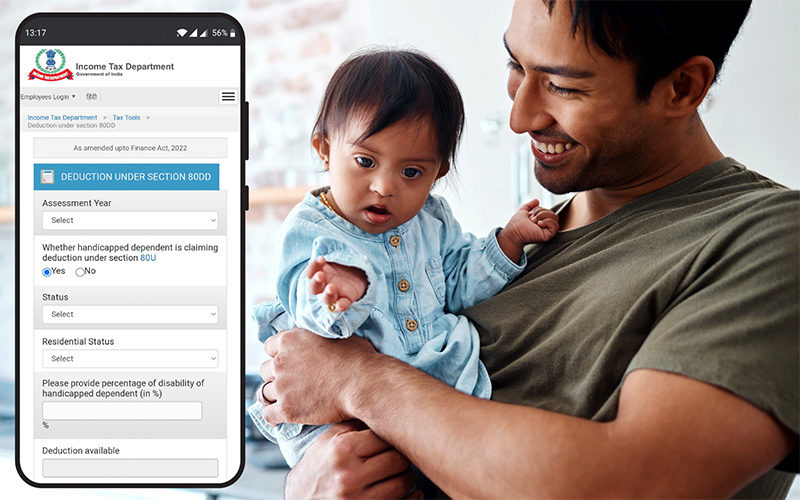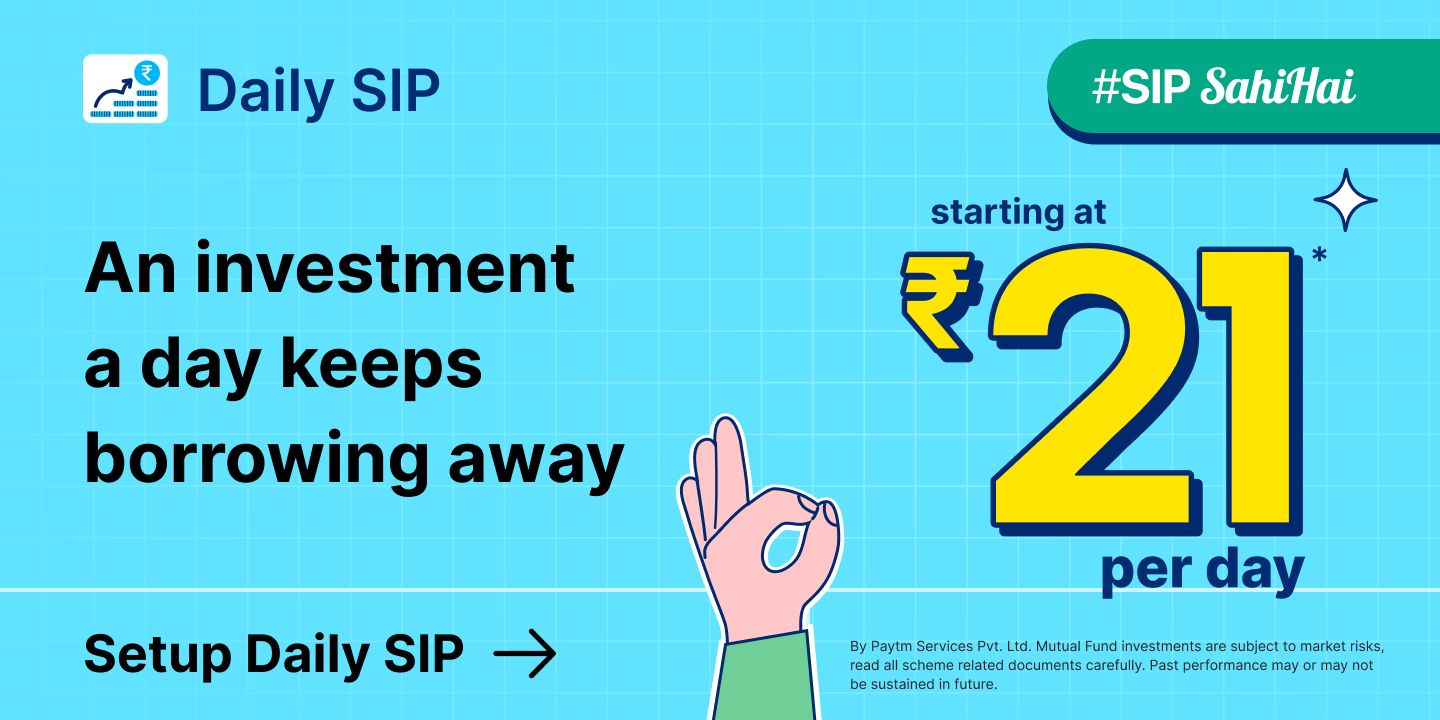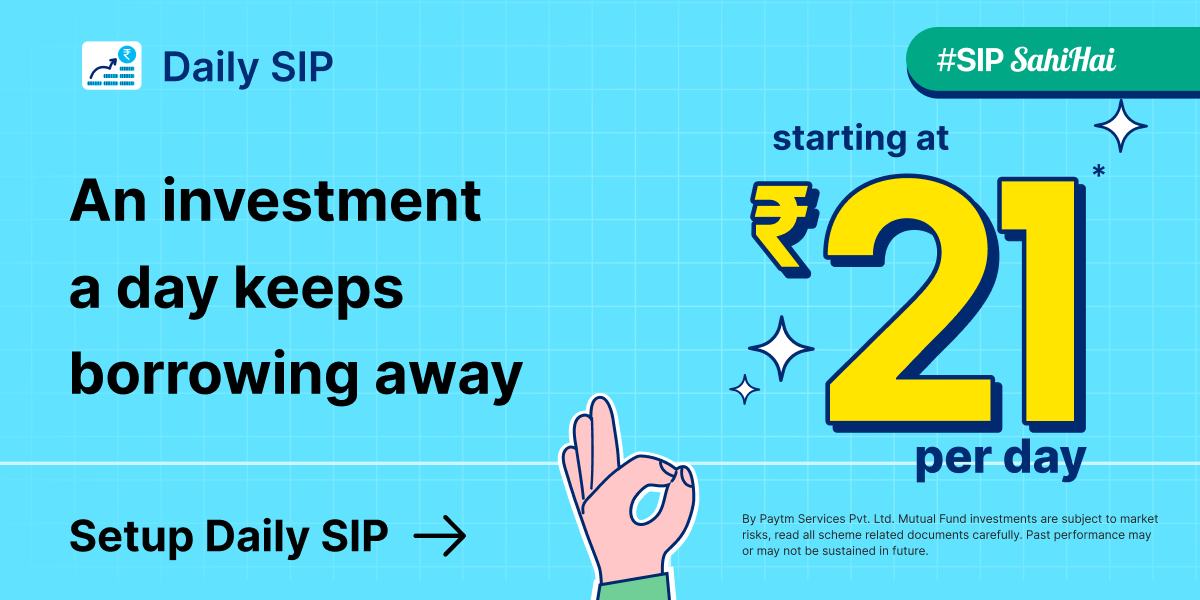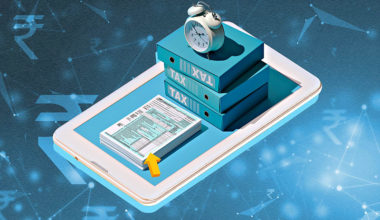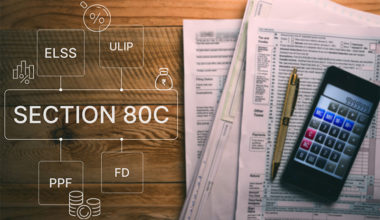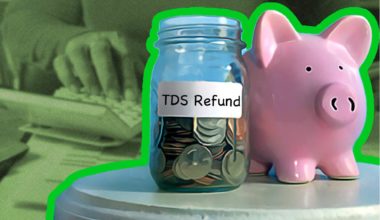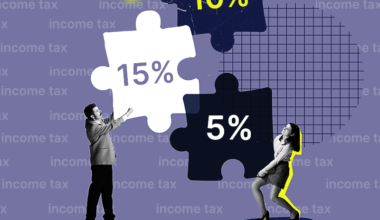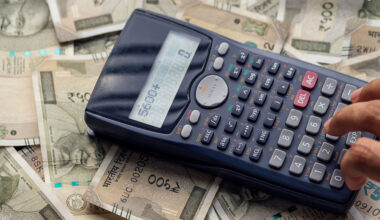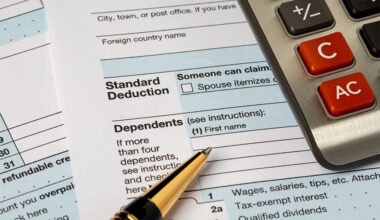What Exactly is Section 80DD of the Income Tax Act?
Section 80DD of the Income Tax Act allows residents, whether individuals or HUFs, to claim a deduction for a dependent who is differently abled and completely reliant on them for support and maintenance.
Families who provide care for disabled dependents are eligible for tax breaks under Section 80DD. Individual caregivers and Hindu Undivided Families can both make this claim (HUF).
Families of disabled individuals are qualified for a deduction under Section 80DD for the cost of caring for a dependant who is disabled. Families, not the dependents themselves, may make deductions under Section 80DD.
If a disabled person has already claimed the same deduction under Section 80U, they are not eligible to do so again under Section 80DD.
Section 80DD benefits may be claimed by HUFs and those who are caring for a disabled dependent. Deductions are allowed for costs associated with caring for dependents who are disabled.
Insurance premiums paid to certain insurers to support a disabled dependent are also included in the deduction amount.
Eligibility Criteria to Claim Tax Deduction Under Section 80DD
- A deduction is only available for the taxpayer’s dependant, not for the taxpayer personally.
- Only residents of India may apply for the deduction.
- The dependent cannot claim this deduction if they have already claimed one for themselves under section 80U.
- The taxpayer may have contributed to a LIC or other insurer’s maintenance plan, or they may have paid for the maintenance, training, and rehabilitation of the dependent (including nursing fees).
- An undivided Hindu family and a resident taxpayer both qualify for a tax deduction under Section 80DD. A dependent may be eligible for such a deduction.
*The term “dependant” in the case of a single taxpayer means a member of a HUF when referring to a HUF, including the taxpayer’s spouse, children, parents, brothers, and nieces and nephews.
*The dependent belongs to the HUF when there is a HUF involved.
Read More: Income Tax Slab Rate for FY 2021-2022 & AY 2022-23
Kinds of Deductions Allowed Under Section 80DD?
With respect to both age and spending amount, this section provides a set deduction. If –
Dependent with severe disability – A dependent with a severe disability is someone who has at least 80% of any disability. A family member can claim a tax deduction of up to Rs. 1,25,000 for paying the dependent person’s medical costs who has a serious disability.
Dependant person with a disability – A dependent person with a disability is someone who has at least 40% of any of the disabilities. A family member may claim a tax deduction of up to Rs 75,000 if they pay for the dependent person’s medical expenses who has a disability.
How to Claim a Deduction Under Section 80DD?
The person claiming the deduction must submit an ITR and a photocopy of the medical expert’s certificate in the required form, Form 10-IA, and in a legitimate way. Since almost no document is required to be associated with an ITR, keeping the paperwork on hand is advised.
Necessary Documents to Claim Deduction Under Section 80DD
According to Section 80DD of the Income Tax Act of 1961, the following documents must be provided in order to receive tax benefits:
Medical Certificate: The taxpayer must provide a copy of the medical certificate attesting to the dependent’s handicap in order to claim a tax credit under Section 80DD.
Receipts for Insurance Premium Paid: Since the self-declaration certificate will be sufficient to claim the majority of expenses, the individual is not obliged to keep the actual receipts. The actual receipts for the expenses must be kept on file, nevertheless, if a claim is made for the money paid toward insurance policies purchased for the disabled dependent.
Self-Declaration Certificate: Taxpayers are required to present a self-declaration certificate detailing the costs expended for the disabled dependent’s medical care, including nursing, rehabilitation, and training.
Form 10-IA: You must file Form No. 10-IA if your dependent is disabled and has multiple disabilities, including autism, cerebral palsy, or both.
Read More: Section 80C of Income Tax: What it is & How to Save Tax?


